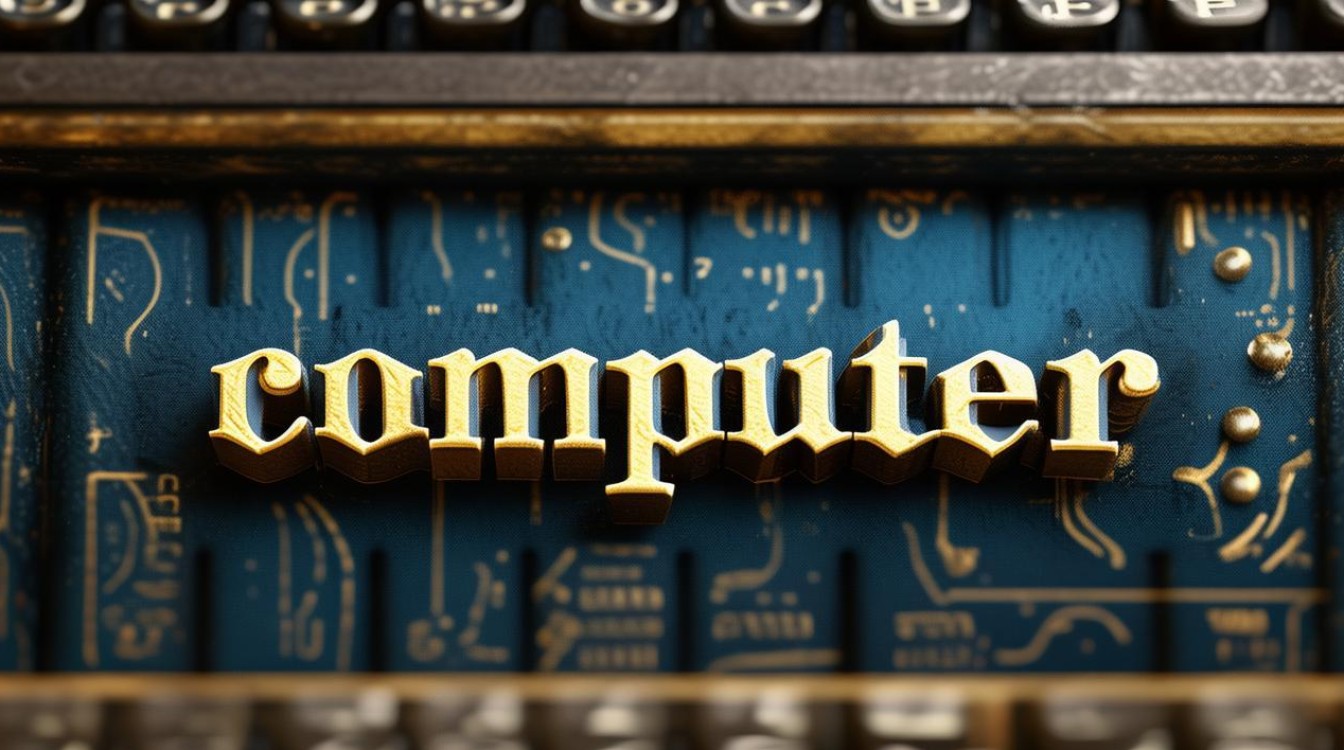When we think of modern technology, one term stands out as the cornerstone of our digital age: "computer." This word has become so ingrained in daily life that we rarely pause to consider its origins or how it evolved into its current meaning. Let’s explore the linguistic journey of this pivotal term and its significance in today’s world.

The Etymology of "Computer"
The English word "computer" traces its roots to the Latin verb computare, meaning "to calculate" or "to reckon." By the mid-17th century, "computer" referred to a person—often a mathematician or astronomer—who performed complex calculations manually. These human "computers" were essential for scientific research, navigation, and engineering projects.
The transition from human to machine began in the early 20th century. As mechanical and electronic devices took over calculation tasks, the term "computer" shifted to describe these machines. By the 1940s, with the advent of groundbreaking inventions like the ENIAC, "computer" became synonymous with programmable electronic devices.
The Evolution of Meaning
The redefinition of "computer" reflects humanity’s technological progress. Early machines like Charles Babbage’s Analytical Engine (1837) were theoretical precursors, but it wasn’t until the mid-20th century that computers became practical tools. The development of transistors, integrated circuits, and microprocessors further cemented the term’s association with versatile, high-speed machines capable of processing vast amounts of data.

Today, "computer" encompasses a broad range of devices, from supercomputers to smartphones. This lexical expansion mirrors the device’s role in modern society—no longer limited to arithmetic, computers now handle communication, entertainment, and even artificial intelligence.
Why "Computer" Matters in English
The word’s adaptability highlights English’s dynamic nature. Unlike some languages that adopt loanwords (e.g., Japanese konpyūta), English repurposed an existing term, demonstrating its capacity for semantic shift. This flexibility has allowed "computer" to remain relevant despite rapid technological advancements.
Moreover, the term’s simplicity contributes to its universality. Short, pronounceable, and devoid of complex morphology, "computer" is easily adopted across cultures and languages. Its clarity ensures that even non-technical audiences grasp its fundamental meaning.

Common Misconceptions
Some assume "computer" is a modern coinage, but its history spans centuries. Others conflate it with brand names like "PC" or "Mac," overlooking its generic application to all computing devices. Recognizing these distinctions helps users engage more critically with technology.
The Global Impact of the Word
As English dominates tech discourse, "computer" has permeated global vocabularies. In non-English-speaking regions, localized versions often retain the root (e.g., Spanish computadora, French ordinateur). This linguistic diffusion underscores the device’s worldwide influence.
Personal Perspective
The story of "computer" is a testament to human ingenuity. From clerks with quills to quantum processors, the term has bridged eras, adapting to each leap in innovation. Its journey reminds us that language is not static—it evolves alongside the tools we create.

Understanding this history enriches our appreciation for the devices shaping our lives. Next time you power on your laptop or unlock your phone, consider the centuries of progress encapsulated in that single word: computer.

